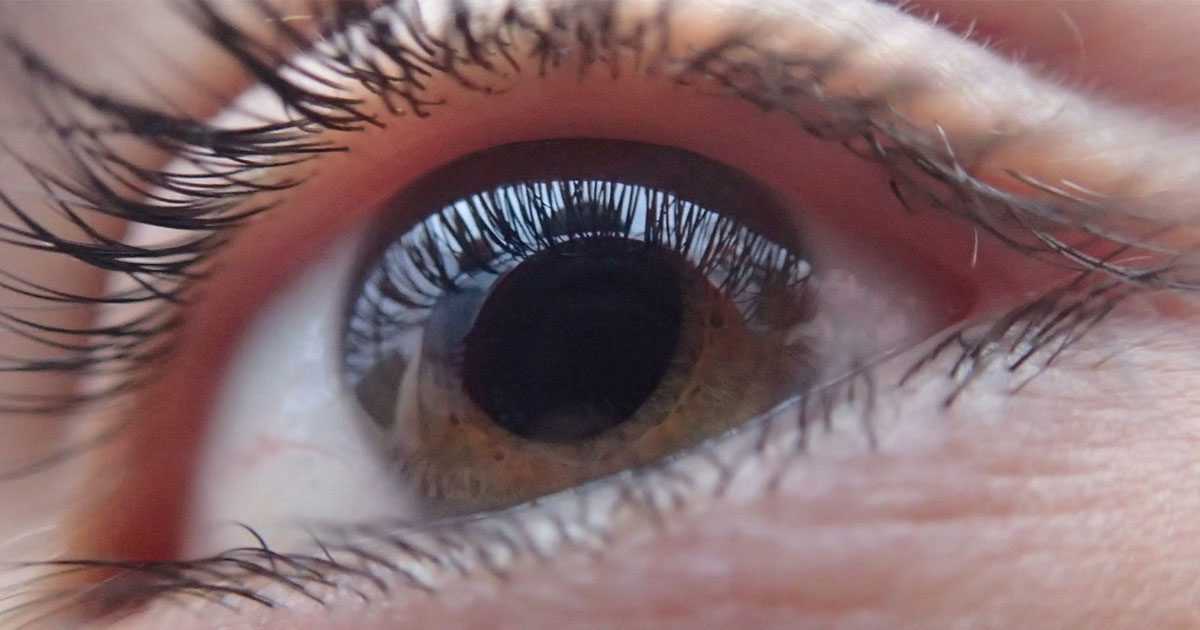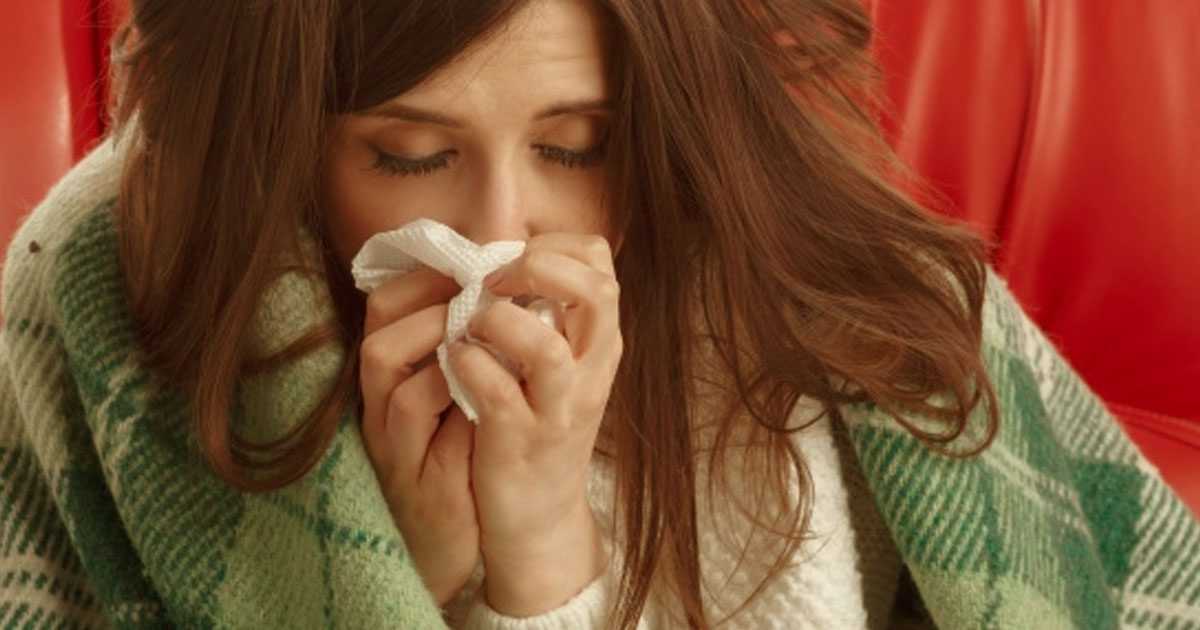Spring is one of the most likable seasons because of the freshness and colors it brings. But for people who are allergic to pollen, spring might prove to be a real pain.
Spring Allergy:
Spring allergy, also known as hay fever or allergic rhinitis, is caused when a person’s immune system reacts to the pollen grains of the plants when they are dispersed.
Pollen is a very fine powder that trees, flowers, grasses, and weeds produce in order to fertilize other plants of the same species. In people with pollen allergies, the immune system mistakenly identifies the harmless pollen as a dangerous enemy and starts to produce chemicals to fight against the pollen. This is called an allergic reaction, and the particular type of pollen that is responsible is known as an allergen. To find and consult with the best allergy specialist in Karachi, Lahore or any other main city of Pakistan visit Marham.pk.
Symptoms of Pollen Allergy:
Pollen allergy can cause many irritating symptoms to develop such as:
- A cough
- A runny nose
- Nasal congestion
- Sinus pressure which may lead to facial pain.


- Itchy, watery eyes
- Decreased sense of taste and smell
- Worsening of asthmatic reactions
Most common pollen allergies:
1. Birch Pollen Allergy:
It is one of the most frequently occurring allergies caused by the pollen of birch trees. In the spring season, a single birch tree can produce up to 5 million pollen grains.
Related: 5 Allergy Symptoms You Might Be Ignoring
2. Oak Pollen Allergy:
Oak trees disperse their pollen is spring as well. Their pollen has milder allergic reactions as compared to the pollen of other trees, but oak pollen stays for longer periods of time in the air.
3. Grass Pollen Allergy:
It is the major cause of pollen allergy during summer. The allergic reactions which result from grass pollen are one of the most severe and difficult-to-treat symptoms.


Treatment options for pollen allergies:
- Stay indoors on dry and windy days.
- Wear a dust mask when the pollen count is high in the air.
- Wash the clothes that have been worn outside.
- Dry the clothes in a dryer instead of hanging them outside on a clothing line.
- Using a portable HEPA (High- Efficiency Particulate Air) filter might help.
- Using medications – antihistamines and decongestants.
- If medications are not able to relieve the symptoms, allergy shots are given. They are a form of immunotherapy that modifies your immune response to the allergen.

